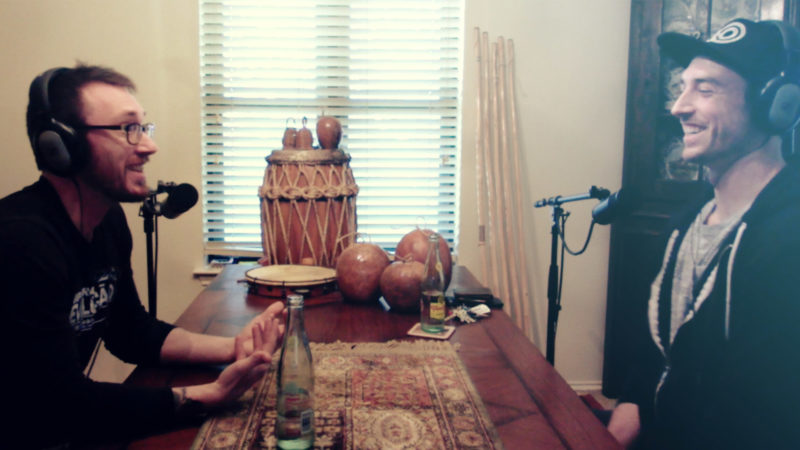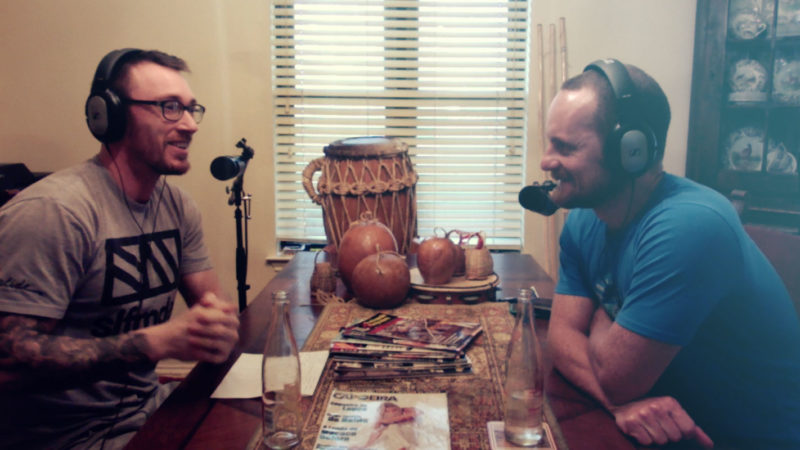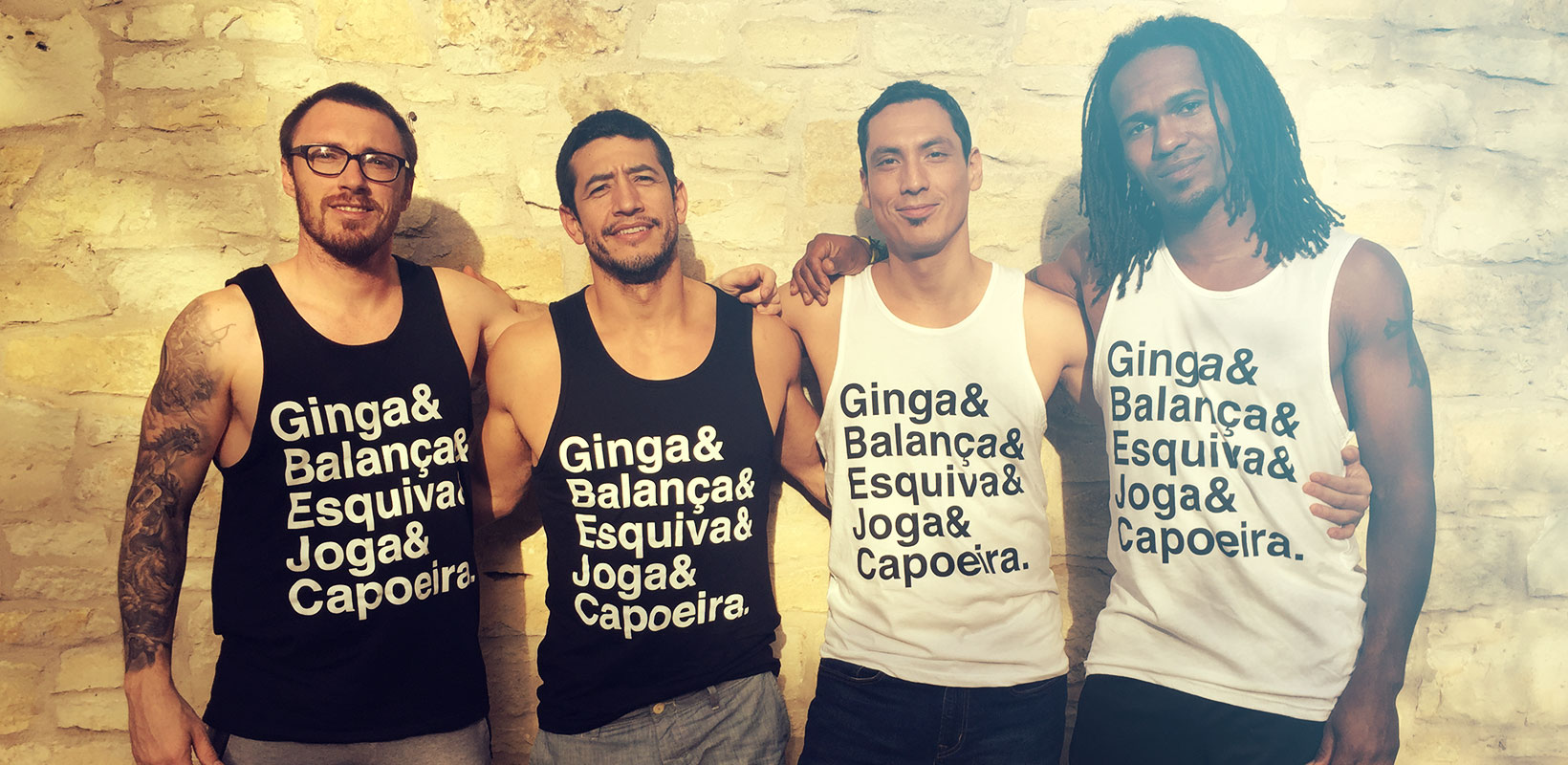In the Capoeira Connection Podcast EP 6, we sit down to talk with Contra Mestre Marrio of Capoeira Kalunga N’Golo based out of Houston, TX; as well as long fellow Angoleiro, Jaime Torres.
A Brief History:
Kalunga N’Golo is a non-profit 501(c)(3) cultural group available to share Capoeira Angola in classes with children and adults, or in community events.
The group has been active for close to a decade, participating in programs with the Houston Area Women’s Center, the Houston International Festival, and actively teaching under the 21st Century After School Enrichment Programs throughout HISD.
Among the Mucupe in southern Angola, there is a tradition of boys performing a zebra dance, the N’Golo, during the efundula, the celebration of girls becoming ready for marriage and childbearing. The boy who wins the N’Golo is allowed to choose a wife from amongst the new initiates, without having to pay a dowry. The N’Golo is the root of Capoeira. The enslaved Africans from that region that went to Brazil through the port Benguela, took with them the tradition of fighting with their feet. Over time, that which was principally a tribal tradition was transformed into a weapon of attack and defense disguised as a dance. It helped slaves to escape and establish free communities called Quilombos, including Palmares, an African Kingdom in the Western Hemisphere that survived for over a hundred years.
Played in a circle (the “roda”) the game of Capoeira Angola is infinitely varied, with an unlimited combination of movements of the legs, arms torso and head: feet to the sky, a leg whipping around, a smile, a grin, a gleam in the eye. Humorous and serious, the fun and the struggle are joined in a continuum of movement and flourished pauses, often equated to chess, with its communication and interplay of bodies and movements.
Capoeira’s history is one of a people taking what they have and using it in new ways to obtain and express freedom. Students of Capoeira are likewise encouraged to take what they have in life and use it to help them to achieve what they want from life. It’s the movement and music of liberation.




